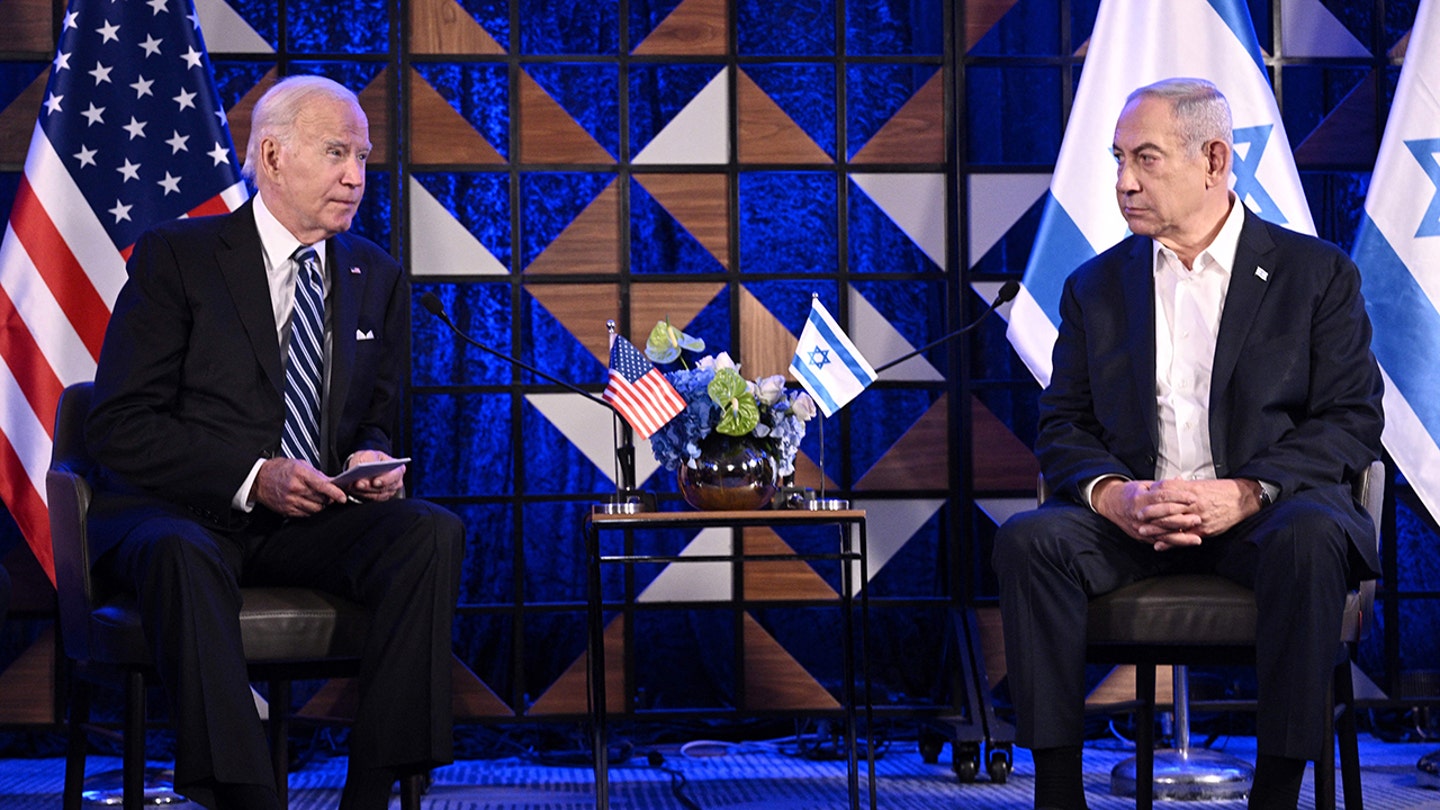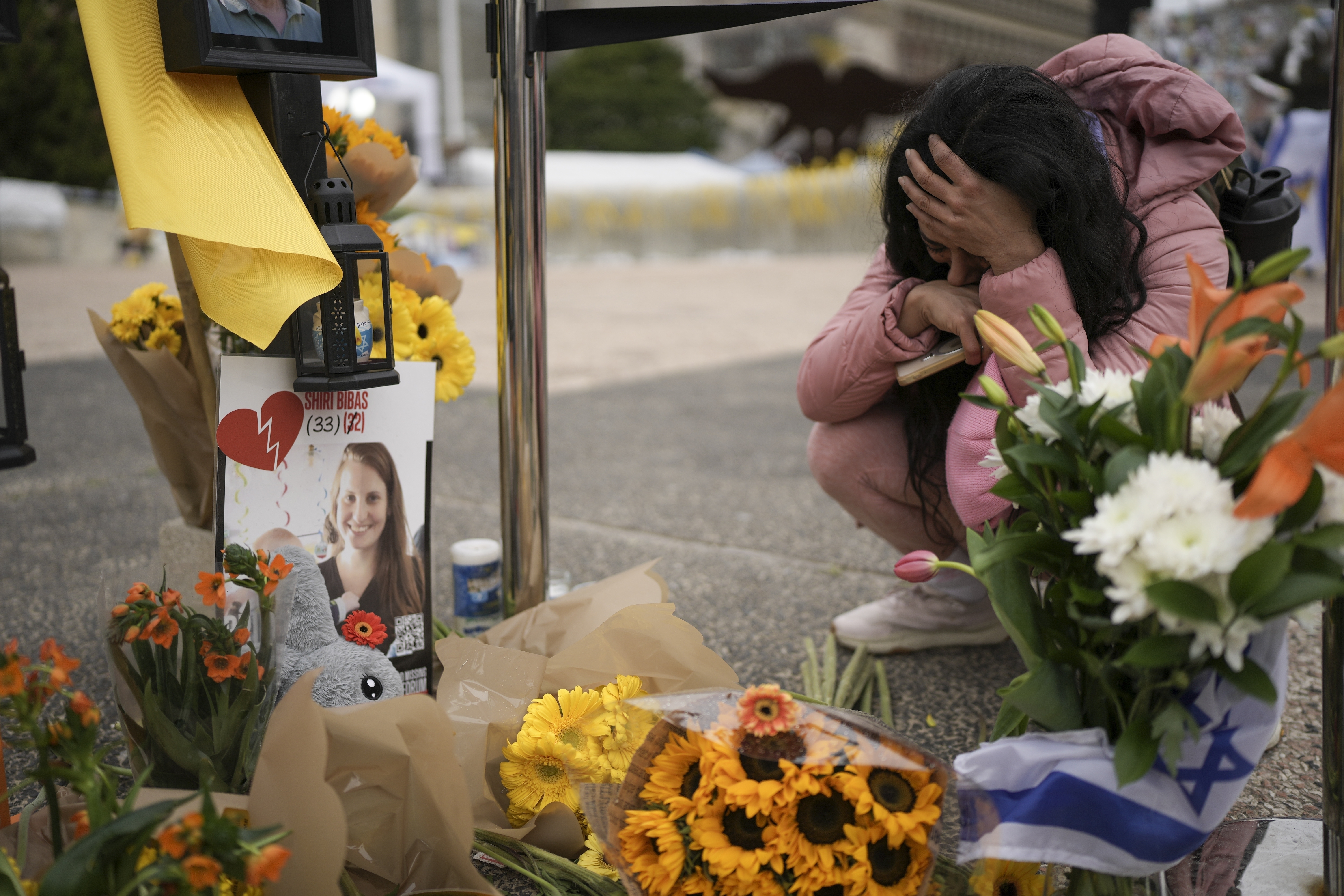Metula missile attack injures 3; IDF kills cell trying to blow through Lebanon border

Israel shells southern Lebanon in response to anti-tank gunfire. Military says drone hit suspects who were attempting to plant bombs near the border fence as front heated up.
Israel’s military said that four people were attempting to enter the north of the nation via Lebanon on Tuesday morning. Anti-tank rockets were fired into two border towns as well as several army posts. This is the latest of a series deadly incidents along the border.
The Israel Defense Forces reported Tuesday that soldiers monitoring surveillance cameras had observed a group approaching Israel-Lebanon border and placing explosive devices near the barrier close to Hanita in northern Israel.
The IDF released footage of a drone attack against the cell that killed all four people. Their affiliation was unclear.
|
The IDF reported that anti-tank missiles guided from Lebanon were fired at Metula. This is one of the 28 communities in the north being evacuated under increasing war threats.
After the attack, three people were transported to Ziv Medical Center Safed. According to the hospital, one person was in a moderate-to serious condition while the two others were only lightly injured.
IDF tanks shelled the launch site south of Lebanon, according to IDF.
Hezbollah terrorist group claims responsibility for the missile attack.
The IDF then said that another four antitank guided rockets were launched from Lebanon. One was fired at a military base near the northern community Margaliot. Two others were fired near Kibbutz Yiftah and a fourth at Zar’it.
The military confirmed that a number other military posts near the border with Lebanon had been targeted by gunfire. Hezbollah has recently claimed responsibility for firing at Israeli surveillance equipment near the border.
The IDF responded by firing artillery at the source of the gunfire and missiles, and also carried out airstrikes against Hezbollah positions in the region.
No soldiers were injured in the subsequent attacks, according to IDF.
These incidents are the latest in an increasing number of skirmishes along the northern border between the Iran-backed Hezbollah and Hamas. Israel has warned that Lebanon may suffer if Hezbollah intensifies its attacks. The tit for tat attacks are still limited.
The attacks come at a time when Israel is fighting in Gaza against Hamas following the terrorist group’s brutal assault on the country in October 7, in which over 1,300 people died and more than 199 were abducted and taken to Gaza.
“If Hezbollah commits a mistake, then we will react with force.” After the suspected border crossing attempt, IDF spokesperson Rear Admir. Daniel Hagari stated that Lebanon should consider whether it is willing to put itself at risk for Islamic State terrorists.
Iran has been increasing its warnings about the possible expansion of the conflict, while Israel is preparing a ground-based offensive to topple Hamas’s rule in the Palestinian enclave.
Israel and the US both warned Iran and Hezbollah that they should remain at bay. Washington sent two aircraft carrier groups into the region to signal it might step in and defend Israel.
The IDF announced that Gen. Michael Kurilla (CENTCOM), head of the United States Central Command, landed in Israel on Tuesday to meet IDF Chief Staff Lieutenant General Herzi Halevi and Defense Minister Yoav Galant, as well as other defense officials.
The IDF and Defense Ministry announced on Monday that, as the situation has become more heated, they plan to evacuate civilians who live up to 2 km (1.25 mi) from the border with Lebanon. This is due to the repeated rocket and missile strikes by Hezbollah, and other Palestinian factions, in recent days.
According to the National Emergency Management Authority of the Ministry (NEMA), 27,000 estimated residents will be moved into state-funded guesthouses.
According to the IDF, the 28 communities that were included in the plan are: Ghajar Dishon Kfar Yuval Margaliot Metula Avivim Dovev Ma’ayan Baruch Bar’am Manara Yiftah Malkia Misgav Am Yir’on Dafna Arab al-Aramshe Shlomi Netu’a Ya’ara Shtula Matat Zar’it Shomera Betzet Adamit Rosh Hanikra Hanit
Due to the increasing attacks from Lebanon, many residents of northern border towns have already fled southward.
Hagari stated on Monday that Hezbollah will face a “deadly response” if they continue to attack Israel.
Hagari stated that “we have increased our force on the northern border, and we will respond aggressively against any activity directed at us.” Hezbollah will face a deadly reaction if they dare to test us. “The United States gives us their full support.”
Hezbollah fired light weapons at several Israeli military posts near the border with Lebanon and launched a rocket at a tank on Monday evening.
According to IDF, there were no injuries reported. The IDF said that it responded immediately with artillery to the source of the gunfire.
Later, the IDF carried out airstrikes on a number Hezbollah locations in southern Lebanon.
Hezbollah fired six anti-tank missiles on Sunday at an Israeli settlement and military positions near the Lebanon border. One civilian and one soldier were killed.
Nine more rockets were launched by Lebanon from northern towns. No injuries or damage was caused. Hamas terrorist group claimed responsibility for rocket attacks.
The IDF claimed that it had carried out airstrikes on Hezbollah sites and shelled the source of the rocket and missile fire.
The exchanges resulted in at least five Israeli soldiers being killed, as well as four Hezbollah terrorists, and five Palestinian terrorists. Hezbollah’s attack on Sunday killed one Israeli civilian. Two Lebanese citizens and a reporter were also killed by Israeli shelling.
This number does not include the four people who died in Lebanon on Tuesday, whose affiliation was not immediately known.
Hezbollah, which has been on high alert for the past few days, said that it is “fully prepared” and will join Hamas (its Palestinian ally) in a war against Israel at the right time.
After Hamas’s October 7, 2014 massacre, in which more than 1,500 terrorists smashed through the border from Gaza Strip into Israel by land, sea and air, they killed over 1,4300 and took 200-250 hostages, all ages, under cover of thousands of rockets launched at Israeli cities and towns. As gunmen rampaged across border communities, the vast majority of victims were civilians – men, women and children.









No Comments